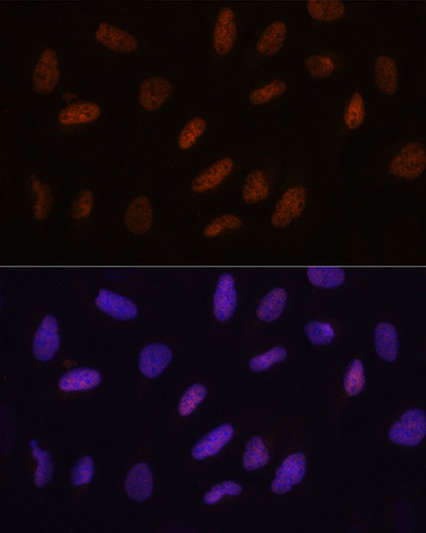| Background | The monoclonal antibody 265-3K1 recognizes human leukocyte elastase. Leukocyte elastase, a major serine proteinase in man, is predominantly present in the azurophilic granules of neutrophils and monocytes. Elastase has a broad range of extracellular matrix substrates including elastin, proteoglycans, collagen and fibronectin. The action of elastase is controlled by serine proteinase inhibitors. Elastase, when released during inflammation, is rapidly bound by its two main inhibitors, alpha1-PI and alpha2-macroglobuline to form elastase-inhibitor complexes. In addition mucosa secretions may contain the locally secreted elastase inhibitors elafin/SKALP and SLPI. When secreted at sites of inflammation elastase can cause severe tissue damage. An important role has been suggested for human elastase in various inflammatory disorders, including pulmonary emphysema, sepsis, arthritis, nephritis and certain skin diseases. Elastase induces the production of IL-8 in human bronchial epithelial, a proces that occurs in part through TLR4. |
Information sourced from Uniprot.org








